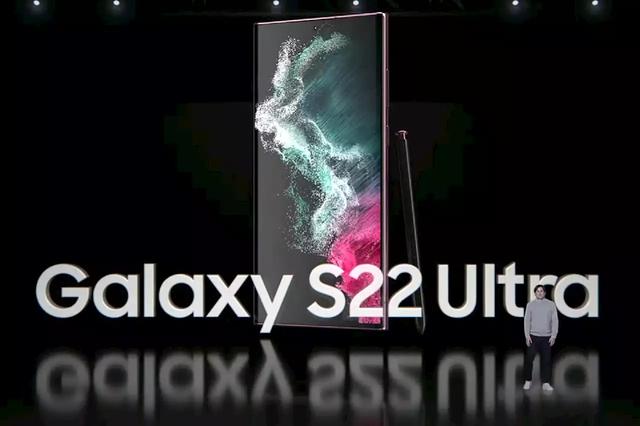Every time a new Android flagship smartphone is announced, it's almost always compared to the latest iPhone model. Spec comparisons are fun, but they don't really make sense.
Those new Android models won't compete with the iPhone.
For example, Samsung's latest flagship "Galaxy S22". This model has high specs and is undoubtedly superior to the iPhone in many ways. At least on the specs.
For example, the Galaxy S22 has more RAM and battery capacity than the iPhone 13 and has a faster charging speed. But the problem isn't there.
The Galaxy S22 isn't an iPhone.
Android's flagship device doesn't compete with the iPhone. Just compete with each other on your Android device. I wonder why.
First, it won't be long before iPhone users get deeply integrated into Apple's ecosystem. Once you've started using iMessage, purchased apps and content, and replaced your light bulbs and thermostats with HomeKit-enabled smart light bulbs and smart thermostats, users are captivated by the Apple ecosystem.
It's impossible to find accurate data on the iPhone-to-Android device (or vice versa) switch, but it's more likely that users will switch from Android to the iPhone.

That's why iOS is slowly but surely taking Android's share. Little by little, it's actually happening.
Locking in to iOS isn't the only thing that makes it harder for users to move to Android (which is a big issue, as anyone who wants to switch). There is another reason.
Apple's next model launch cycle is predictable. A new shiny iPhone appears on a regular basis, like a clockwork every year. It looks and feels a lot like its predecessor (and even its predecessor), but with new features that attract media and users.
Of course, other companies like Samsung also update their hardware on a regular basis. But if you ask the average user when an update will be available, most people won't be able to answer. What about the iPhone?
I'm surprised that even the average iPhone user is familiar with Apple news. He also knows when a new iPhone model will come out. Apple has been rewarded for regularly announcing new models each year for years.
The iPhone also has a longer product life and appears to last longer than high-end Android devices. Of course, the value goes down, but I'm surprised that used iPhones are selling well.
Apple doesn't rush to follow the trend. You don't have a foldable smartphone, you don't mess around with your tablet, you don't try to see which one succeeds, and you don't mess around with your brand.
It's an "iPhone".
There's only one thing to consider when buying a new iPhone within Apple's ecosystem. That is how much you want to pay.
Apple doesn't have to be afraid of Samsung or the Galaxy S22. Rather, it's the high-end Android smartphone makers that need to be afraid of Samsung and the Galaxy S22.
This article was edited by Asahi Interactive for Japan from an article from overseas Red Ventures.
